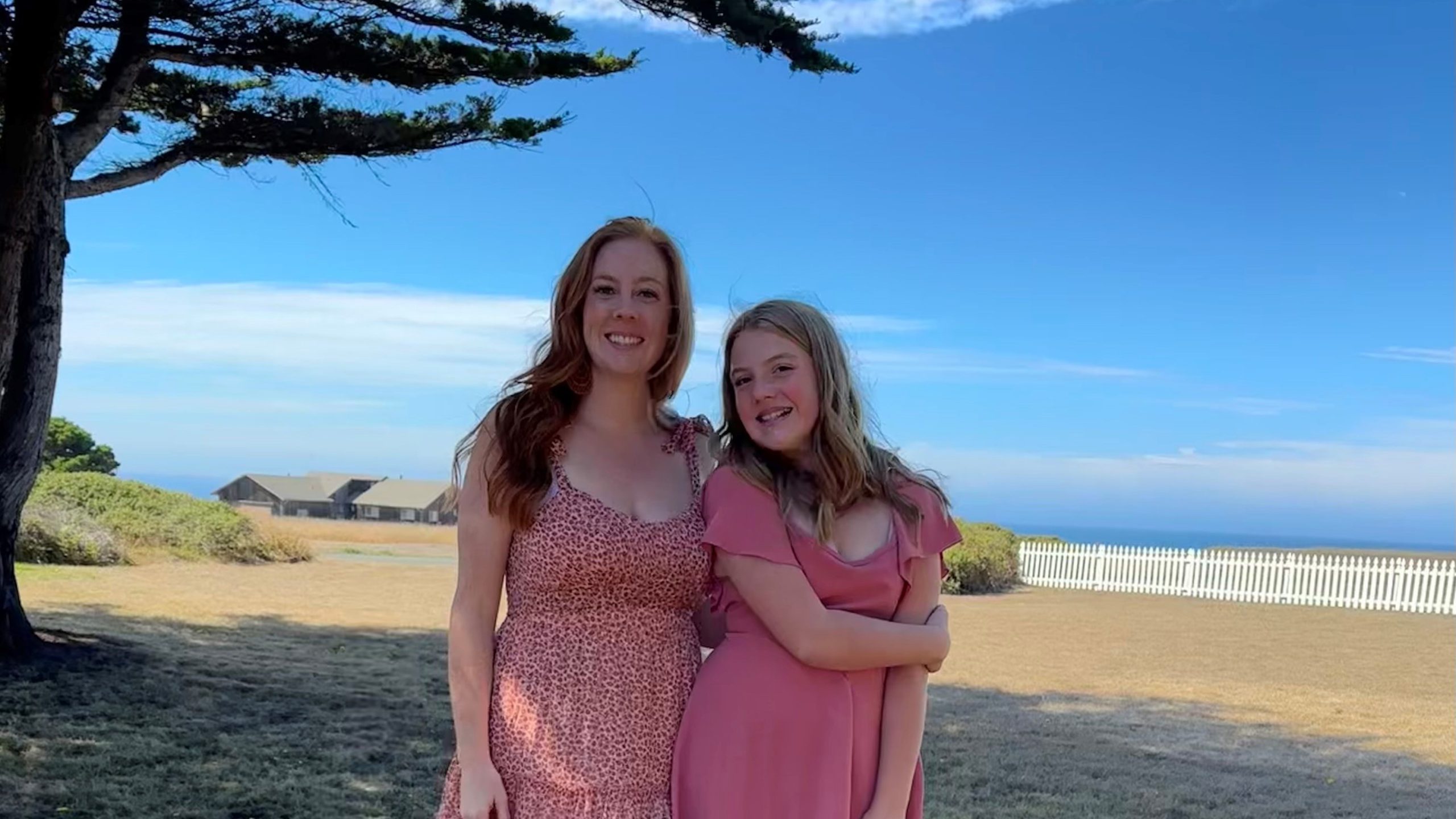By Marycon Young, Vitals contributor
By the time Brittani Townsend reached out to her daughter’s primary care provider, she had already run out of options. Her 12-year-old, Tayla, had always been a little shy, but the leap to a new middle school spiked her anxiety. Nausea, headaches and missed school days became the norm.
“She was missing weeks of school,” said Brittani. “It got to the point where I thought, ‘I can’t get my daughter the help she deserves.’”
Brittani had explored several avenues to support her daughter’s mental health. But living in a rural area meant limited local resources. There were long waitlists and services didn’t quite fit Tayla’s needs or schedule. “She was stuck in that in-between space—needing support, but not quite qualifying for the programs available,” Brittani said.
That’s when she remembered Concert Health.
Concert Health works with health systems like Sutter to integrate mental health services directly into primary care using the evidence-based Collaborative Care Model. This team-based approach connects a patient’s primary care provider with a behavioral health care manager and a psychiatric consultant. Together they support those experiencing anxiety, depression and other common mental health conditions.

Brittani and Tayla Townsend
Concert Health is currently available by referral at Sutter primary care practices in Lakeport, Crescent City, Palo Alto and Dublin, Calif. The collaboration is especially impactful in rural communities like Lakeport and Crescent City, where recruiting and retaining mental health providers is an ongoing challenge. Sutter plans to expand the program to additional locations in the coming months.
“Supporting improved access to mental health services is one of our top priorities here at Sutter,” said Dr. Tam Nguyen, clinical psychologist and behavioral health service line executive. “Making these services a routine part of medical care has been shown to improve both outcomes and the patient experience, so we’re pleased to make this available through primary care.”
Brittani scheduled a phone visit with Tayla’s doctor and asked for a referral. Within 10 minutes of the appointment ending, Concert Health called.
“It almost felt too good to be true,” she said. A week later, Tayla had her first virtual visit with a care manager.
“She opened up right away,” Brittani said. “They played games like ‘Would you rather?’ to ease into conversation. It made her feel seen and safe.” Over four weeks, Taylor learned coping tools, from deep breathing to gentle self-advocacy. The care manager followed up after each session with age-appropriate resources—videos, exercises and written recaps to help reinforce progress at home.
The shift came quickly. Tayla hasn’t missed a day of school since starting with Concert. Her grades are up. She even reached out to her teachers to ask for support.
“We’re using the tools as a family now,” Brittani added. “It’s helping all of us.”
Tayla recently completed her final session. “There will still be hard days,” Brittani said. “But now she knows how to meet them—and so do we.”





